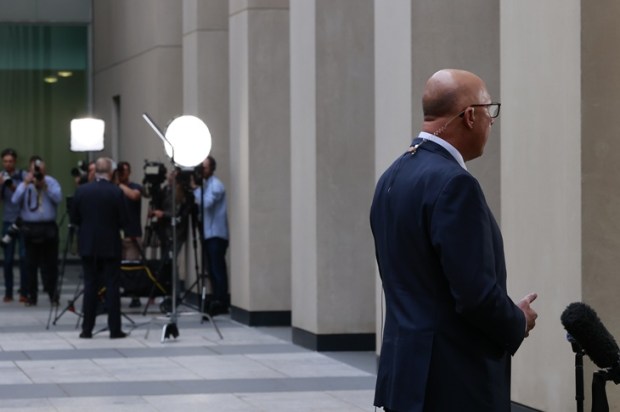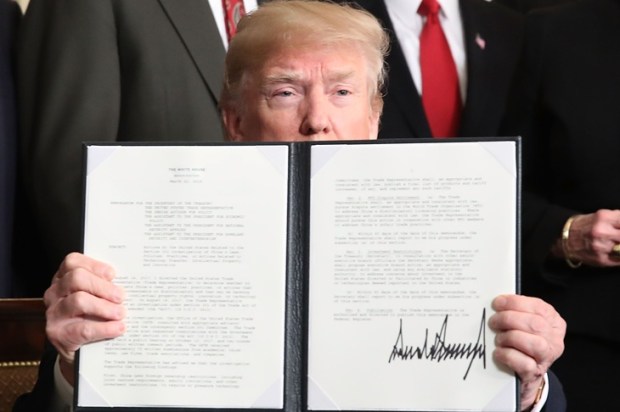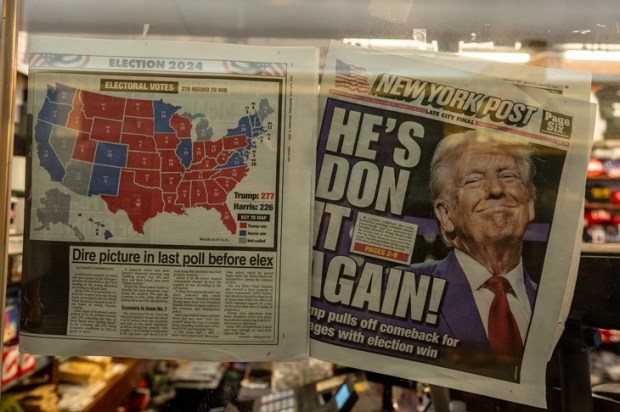In a recent piece published by the International Monetary Fund, Nobel Prize-winning economist Angus Deaton lambasted his own profession for ‘valorising efficiency over other ends’. Deaton’s attack is emblematic of widespread scepticism among the intelligentsia, with several distinguished economists renouncing conventional wisdom in favour of glamorous theories of social justice.
In economics, an efficient outcome is one that maximises total benefits to society irrespective of how those benefits are distributed. Mainstream schools of thought view efficiency as a touchstone of good economics – but Deaton and his disciples contend that we must focus less on maximising the size of the pie and more on how the pie is shared.
These sentiments are hardly novel, but they do tend to gather steam in moments of consequence. With much of the globe grappling with landmark policy challenges – from divestment disputes in Australia to immigration inquiries in Canada – it is not surprising that economics has once again become an ideological battleground.
Make no mistake: to overcome the challenges that lie ahead, we must maintain a single-minded focus on efficiency.
Among the many alibis for sacrificing efficiency, the ill-defined notion of fairness is perhaps the most popular. And yet the very concept of fairness is inherently obscure, serving as nothing more than an excuse for lawmakers to arbitrarily pick winners and losers at the expense of the common good. What’s worse, many policies passed in the name of fairness seek to solve problems that simply do not exist.
For instance, flag-bearers of fairness enjoy citing wealth inequality as evidence of injustice. What they fail to recognise is that wealth disparities in market economies can be largely attributed to age. This also means that most individuals in the bottom income bracket today will no longer be there after a few years of earning and saving. Standard measures of inequality are misleading because they represent a snapshot taken at a single moment in time.
In his book The Vision of the Anointed, Thomas Sowell imagines a perfectly egalitarian nation wherein every individual is paid an identical starting salary, exhibits identical spending habits, and is rewarded with identical raises at identical intervals.
This thought experiment produces a society where, at any given moment, the top 17 per cent of earners would have five times the income of the bottom 17 per cent while the top 17 per cent of savers would have 25 times the savings of the bottom 17 per cent. When measured in terms of the Gini coefficient, Sowell’s hypothetical nation would be among the most unequal in the world.
The lesson here is simple: evaluating social conditions against vague criteria such as ‘fairness’ can lead to misdiagnosed problems and misguided solutions.
It was precisely this kind of thinking that motivated many fruitless crusades in the United States during the 1960s. The flagship policy of that decade was the war on poverty, which – in President Lyndon B Johnson’s words – sought to make ‘taxpayers out of taxeaters’. Proponents of these profligate anti-poverty measures were concerned about the level of welfare dependency at that precise moment in time, failing to recognise that the proportion of Americans under the poverty line without counting government benefits had fallen by around 30 per cent between 1950 and 1964. In other words, welfare dependency was already trending down in the lead-up to the war on poverty.
When President Johnson signed the bill into law, that trend reversed. Welfare dependency skyrocketed according to every conceivable measure, from the headcount of welfare recipients to total expenditure on government benefits. The policy did temporarily ameliorate the official poverty rate but only intensified the problem it had originally set out to solve.
Recent policies enacted in the same vein include Berlin’s Mietendeckel – or rent freezes – which exacerbated the city’s housing crisis in 2020, and Zimbabwe’s countless on-again, off-again import taxes that are periodically implemented to protect local farmers and scrapped when food shortages emerge almost immediately thereafter.
All of these policies have two things in common: they sacrificed efficiency in favour of some abstruse agenda, and they were issued in response to subjective claims of unfairness. In the economics lingo, every one of these policies created a ‘deadweight loss’ in order to privilege some supposedly disadvantaged group – and every one of these policies ended in disaster.
None of this is to say that regulation and redistribution have no place in economics. They are legitimate tools at our disposal. The point is that economists who treat efficiency as their North Star are better placed to wield such tools than those who do not.
It’s no coincidence that economic policy in the freest and most prosperous nations on the planet has been historically underpinned by a clinical commitment to efficiency. In times of crisis, it is tempting to replace tried and true principles with theories that promise to treat us better. But it is precisely in those times that we must remain faithful to the evidence-based principles that have served us so well.

























